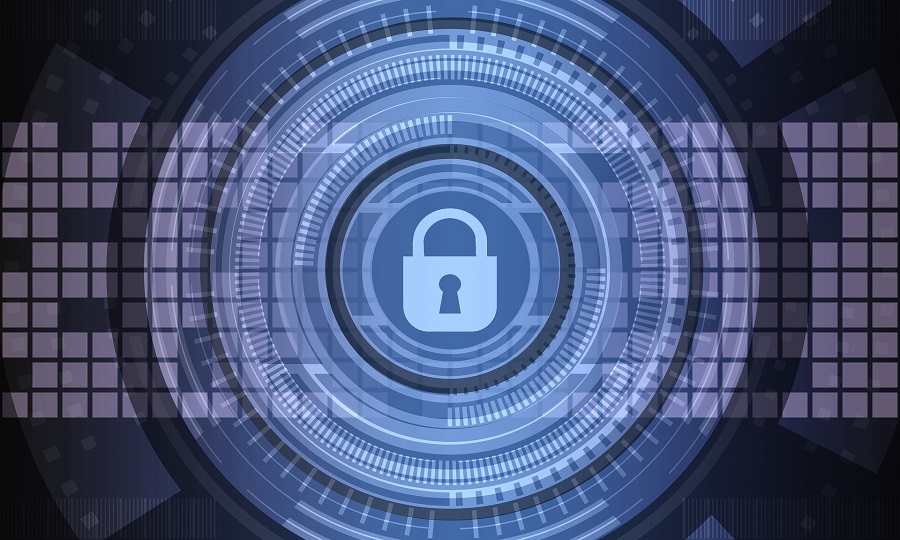Last Friday (28/01) was celebrated the International Data Protection Day, an annual date that governments and private entities around the world take advantage of to disseminate information and promote initiatives aimed at protecting citizens' personal information. This goes for both measures of good use and the dangers available on the internet, with scams and fraud just waiting for an oversight to be carried out.
 It is worth mentioning that this commemorative date was established by the Council of Europe in April 2006, and in these 16 years we have made significant progress in issues such as Information Security and Personal Data Protection around the world, which resulted in laws and regulations that are more adherent to reality of this “information age” that we are experiencing.
It is worth mentioning that this commemorative date was established by the Council of Europe in April 2006, and in these 16 years we have made significant progress in issues such as Information Security and Personal Data Protection around the world, which resulted in laws and regulations that are more adherent to reality of this “information age” that we are experiencing.
As one of the first international data protection rules, the so-called Convention 108 was even signed by countries outside Europe such as Argentina, Mexico, Tunisia and Senegal, among others. And over the years, the treaty gained updates that prepared it for the new times, such as terms linked to the use of artificial intelligence and electronic monitoring of circulation.
Although more evident or factual in the private sector, the culture of protecting personal and business data in digital format is already a reality in Angola. And the Data Protection Agency (APD), which in two years has received one hundred (100) requests and several complaints of intrusions, has been working on data protection for both companies and individuals.
APD in Angola, is dedicated to controlling and regulating the collection, access, sharing, manipulation and conservation of personal data, mindful of the underlying consequences of improper processing, ranging from identity theft, financial damage, reputational damage, stigmatization and discrimination against data subjects.
In a world of increasingly complex digital threats, extensive legislation and different mechanisms for exchanging information, keeping information safe can seem complicated. But it is not like that, with some simple practices they help maintain this defense and, above all, avoid problems for citizens.
BUT: Maria Bragança do Rosário Sambo: We must create data protection and risk management mechanisms
Here are some tips that help a lot in data protection:
- Limit the disclosure or provision of personal data on the internet, including on social networks, or to companies, to strictly necessary cases;
- Use strong passwords, which contain a combination of special characters, uppercase and lowercase letters and numbers, avoid using personal data or common words, as well as, if available, performing double-factor authentication, especially in cloud storage systems and messages, for example, from Instagram, WhatsApp, among other apps;
-
Another important protection step is creating backups of stored data, mainly in the cloud (such as OneDrive), as well as activating encryption on disks and external media, such as pendrives;
- Always be wary of links received with promotions, freebies through messaging apps. Do not click on any messaging links that offer free services, freebies and promotions received by messaging apps.







